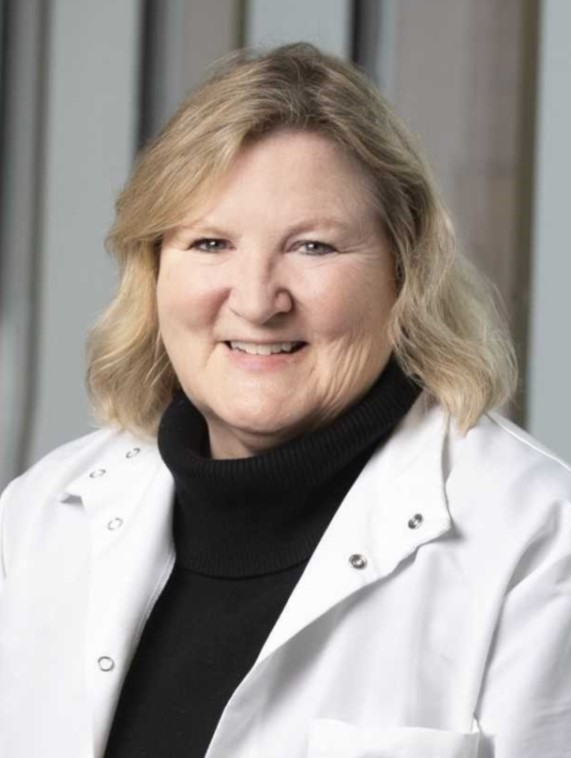 More than 13,000 women are diagnosed with cervical cancer in the U.S. each year, and while it is one of the most preventable cancers today due in part to the HPV vaccine Gardasil 9, women in Louisiana may not be as protected as they think.
More than 13,000 women are diagnosed with cervical cancer in the U.S. each year, and while it is one of the most preventable cancers today due in part to the HPV vaccine Gardasil 9, women in Louisiana may not be as protected as they think.
There are approximately 70 different strains of HPV, 13 of which are known to cause cancer. The most common cancerous strains are 16 and 18, accounting for nearly 50% of high-grade cervical pre-cancers, according to the World Health Organization. In Louisiana, however, that isn’t quite the case.
A pilot study performed at Woman’s Hospital in 2018 looked at HPV strains found in abnormal Pap test specimens. Beverly Ogden, MD, a pathologist and medical director of research at Woman’s Hospital, said they knew before the study that 85% of the Pap specimens with HPV infection were not associated with HPV strains 16 and 18.
The study, performed in collaboration with Jennifer Cameron, MD, at LSU New Orleans, showed the four most common viruses identified in the samples were HPV strains 51, 53, 59, and 89, none of which are included in the Gardasil 9 HPV vaccine.
Woman’s is currently conducting a follow-up study with Caitlin Witt, MD, a GYN resident, and Cameron to look at cancer-causing strains identified in cases of pre-cancer and cancer diagnosed at the hospital in the last five years. If this study shows similar results, it would suggest that vaccine effectiveness could vary by geographic location or community.
Certain strains may be more prevalent in different parts of the world, and knowing more information about these strains may guide which viruses are included in future vaccines.
Though there are no definitive answers at this time, Ogden said it is important for women to continue to get vaccinated and see their doctors regularly to ensure early detection of abnormalities. Cervical cancer is largely preventable when patients are appropriately screened with an annual pelvic exam and Pap smear, and survival rates are extremely high for those who are diagnosed early in their case.
While people may see Woman’s first and foremost as a birthing facility, its roots are actually in cervical cancer research. In the late 1950s, when Pap smears were not in widespread use, a cervical cancer detection laboratory was established by one of the Woman’s founders. The lab, known as the Cary Dougherty Cancer Detection Laboratory, is the reason Woman’s exists today.
The detection lab at Woman’s is credited with helping Baton Rouge cite one of the lowest cervical cancer death rates in the country, processing more than 56,000 Pap tests a year.
